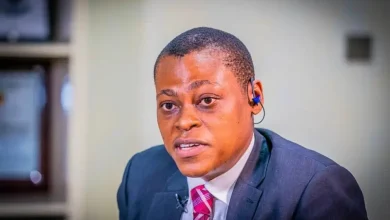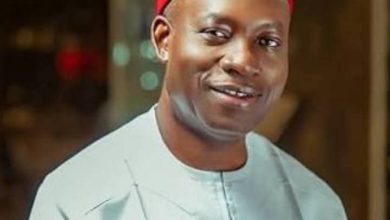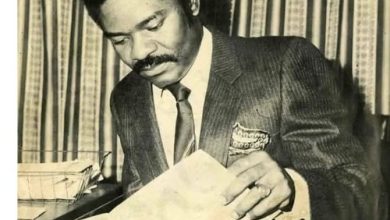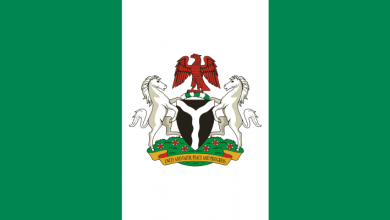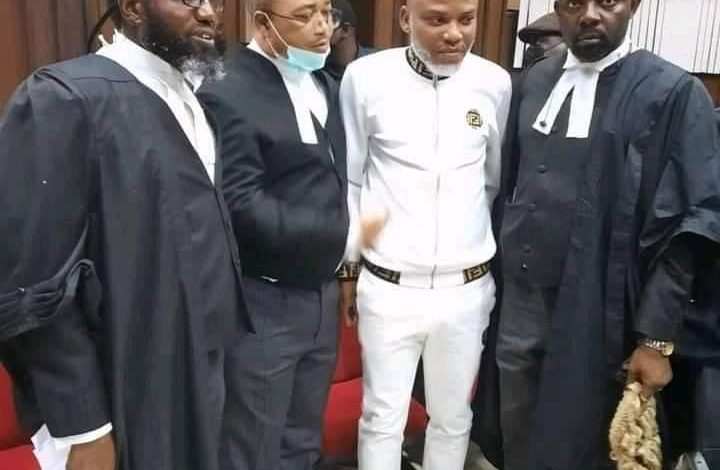
By Okechukwu Nwanguma
Joe Igbokwe recently issued what he termed a “final warning” to Omoyele Sowore, advising him to steer clear of Nnamdi Kanu’s case and the agitation in the Southeast. In his usual fiery style, he described Kanu in the most uncharitable terms and portrayed the entire agitation for Biafra as senseless and destructive.
I am not a fan of Nnamdi Kanu. I do not belong to IPOB. But I understand, as many reasonable Nigerians do, the deep historical grievances and structural injustices that drive the agitation for self-determination in the Southeast. That agitation did not begin with Kanu or IPOB. Its roots lie in the unresolved scars of the Nigerian–Biafran civil war.
At the end of that war, the federal government promised reconciliation, reconstruction, and rehabilitation. Those promises were never fulfilled. Instead, decades of neglect, victimization, and marginalization continued to define the relationship between the Nigerian state and the Southeast.
Worse still, successive political leaders from the region failed to rise to the occasion. Many chose opportunism over principle, and self-interest over collective progress. Their abdication of leadership created a vacuum that younger, disillusioned citizens tried to fill. What began as a political and moral agitation for justice and inclusion was later hijacked by extremists and criminal opportunists, turning parts of the region into a theater of violence and insecurity.
Yet, it would be intellectually lazy and morally dishonest to heap the entire blame on Nnamdi Kanu. The radicalization of Southeast youths did not occur in a vacuum. It was fueled by decades of economic exclusion, failed governance, and the repressive and militarized response of both state and federal authorities to legitimate dissent. Every heavy-handed raid, every unlawful killing, and every act of state impunity only deepened resentment and alienation.
This is why Kanu’s continued detention – in defiance of multiple court orders – is both unjust and counterproductive. Nigeria cannot preach the rule of law and peace while practicing selective justice. In the South-South, Niger Delta militants were granted amnesty and integrated into national programs – a political solution. In the North, successive administrations have negotiated with terrorists and bandits, offering them amnesty, rehabilitation, and even absorption into security structures – another political solution. Why then should Nnamdi Kanu’s case be treated differently?
The truth is that Nigeria’s unity and peace cannot be sustained by coercion or repression. The call for Kanu’s release is not an endorsement of his rhetoric or methods. It is a call for justice, equity, and common sense. A political problem requires a political solution.
Peace in the Southeast will not come from military operations or propaganda, but from dialogue, inclusion, and a sincere effort to address the root causes of discontent. The federal government must demonstrate the courage to listen and to act justly – not only for the sake of the Southeast but for the stability of the entire country.
As long as injustice persists, agitation will remain. To silence dissent without addressing its causes is to postpone the crisis. Justice – not vengeance or suppression – remains the surest path to peace.
Okechukwu Nwanguma is the Executive Director of the Rule of Law and Accountability Advocacy Centre Rulaac (RULAAC). He writes from Lagos.


